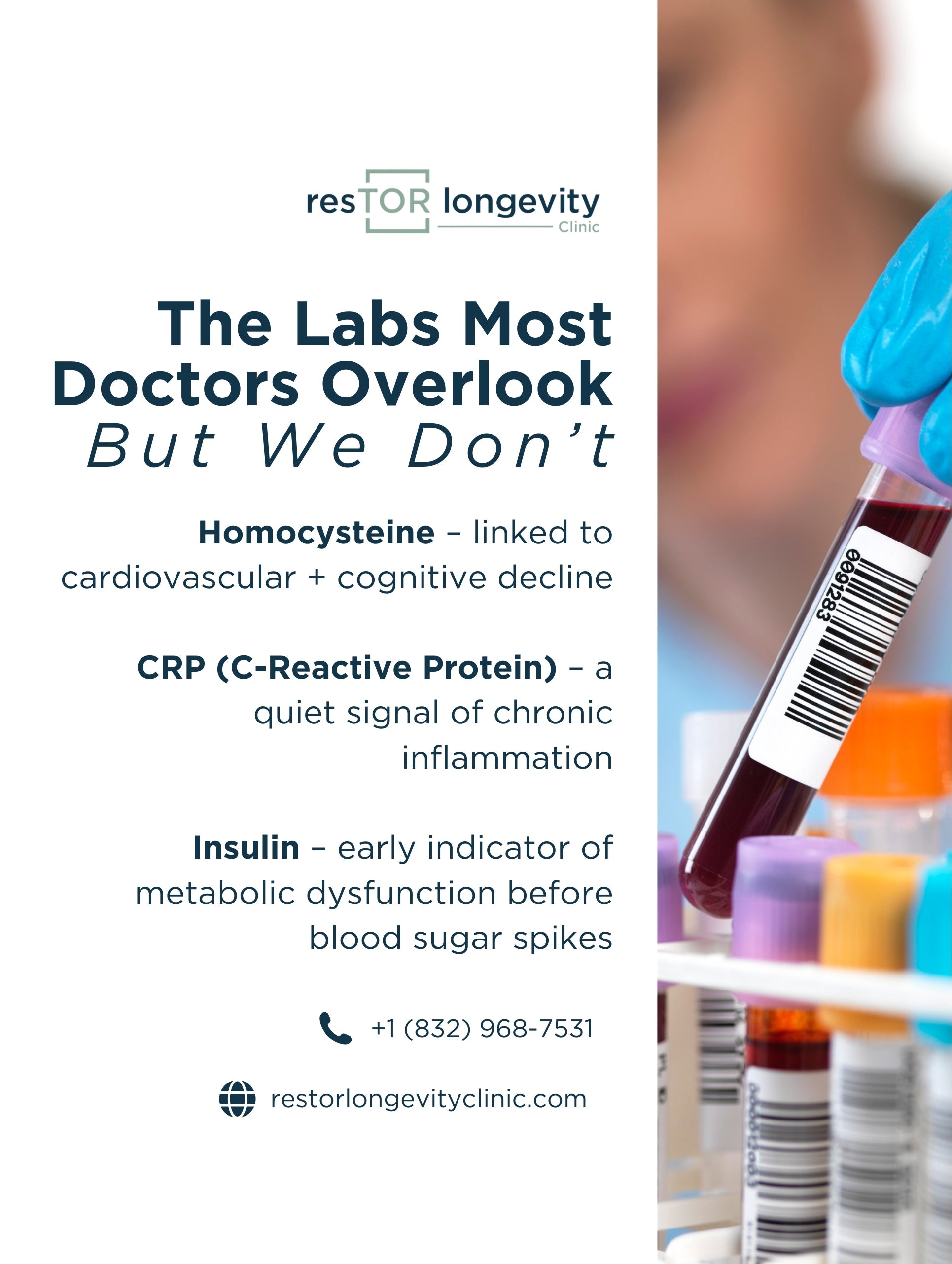Leaky Gut? Your Body Might Be Under Attack From the Inside
Feeling foggy, bloated, or exhausted—despite eating well and getting rest? You might be facing an invisible issue with very real consequences: leaky gut syndrome.
At resTOR Longevity Clinic, Dr. Greg Burzynski and his team specialize in identifying root causes of chronic fatigue, inflammation, and aging. One of the most overlooked culprits? Increased intestinal permeability—commonly referred to as “leaky gut.”
While it might sound like a fringe wellness buzzword, leaky gut is a scientifically recognized phenomenon that can quietly sabotage your health from within.
What Is Leaky Gut?
Your gut lining is designed to be selectively permeable. It allows nutrients, vitamins, and water into your bloodstream while keeping out harmful substances like bacteria, toxins, and undigested food particles.
But when that lining becomes too permeable—due to stress, poor diet, toxins, or chronic inflammation—the tight junctions between your intestinal cells loosen. This allows unwanted substances to “leak” into your bloodstream.
Your immune system sees these invaders as threats and mounts a defense, leading to chronic, systemic inflammation—a driving force behind fatigue, joint pain, skin conditions, and even autoimmune disease.
Signs Your Gut May Be Leaking
Because the gut is connected to so many systems in the body, leaky gut can show up in surprising ways. Some of the most common symptoms include:
-
Bloating, gas, or IBS-like symptoms
-
Brain fog, poor memory, and mood swings
-
Fatigue that doesn’t improve with rest
-
Skin issues like eczema, acne, or rashes
-
Food sensitivities or intolerances
-
Joint pain or autoimmune flare-ups
-
Nutrient deficiencies despite a healthy diet
According to Dr. Burzynski, “Leaky gut is one of the most common root causes we see in patients with complex, unexplained symptoms. It impacts everything from digestion to brain health—and it’s absolutely treatable once you know it’s there.”
What Causes Leaky Gut?
There’s no single cause—but many modern lifestyle factors contribute:
-
Poor diet (especially processed foods, gluten, and excess sugar)
-
Chronic stress and elevated cortisol
-
Alcohol and NSAID overuse
-
Antibiotics and other medications that disrupt gut flora
-
Toxin exposure (like mold, pesticides, and heavy metals)
-
Gut infections or imbalances in the microbiome
Over time, these stressors wear down the gut lining, disrupt the microbiome, and trigger immune system overactivation.
Why Nutrients Can’t Absorb Properly
One of the more overlooked consequences of leaky gut is malabsorption—the inability to fully absorb key nutrients like iron, magnesium, B12, and vitamin D. This leads to a slow spiral of fatigue, mood changes, poor immunity, and accelerated aging.
Even if you’re eating a balanced diet or taking supplements, your body might not be able to use those nutrients effectively if your gut lining is compromised.
How resTOR Longevity Clinic Can Help
At resTOR Longevity Clinic, Dr. Greg Burzynski uses advanced functional lab testing to identify the presence and severity of leaky gut. These may include:
-
Zonulin and intestinal permeability markers
-
Comprehensive stool analysis to assess microbiome health
-
Food sensitivity testing to detect immune responses
-
Inflammatory and immune paneling
-
Micronutrient analysis to detect deficiencies
Once a diagnosis is confirmed, the clinic uses a science-backed, personalized protocol to heal and seal the gut.
The 5R Approach to Healing Leaky Gut
Dr. Burzynski often recommends a gut-repair protocol using the 5R Functional Medicine Framework:
1. Remove
Eliminate triggers like processed foods, alcohol, food sensitivities, and gut infections.
2. Replace
Support digestion with stomach acid, enzymes, and bile salts.
3. Reinoculate
Restore healthy gut bacteria using targeted probiotics and prebiotics.
4. Repair
Heal the gut lining with nutrients like glutamine, zinc, collagen, and anti-inflammatory herbs.
5. Rebalance
Address lifestyle factors like stress, sleep, and exercise to support long-term gut integrity.
Each plan is tailored to the patient’s biology, symptoms, and goals—making the healing process more effective and sustainable.
A Healthier Gut Means a Healthier You
Your gut isn’t just a digestive organ—it’s a gatekeeper for your immune system, brain, hormones, and overall longevity. When the gut lining is compromised, your whole body feels the impact.
But the good news? You can heal.
With the right tools, testing, and support, many patients see dramatic improvements in their energy, focus, digestion, and inflammation within just a few months.
Dr. Greg Burzynski and the resTOR Longevity Clinic team are here to help you uncover the root of your health issues and restore your body’s natural balance—starting in the gut.



